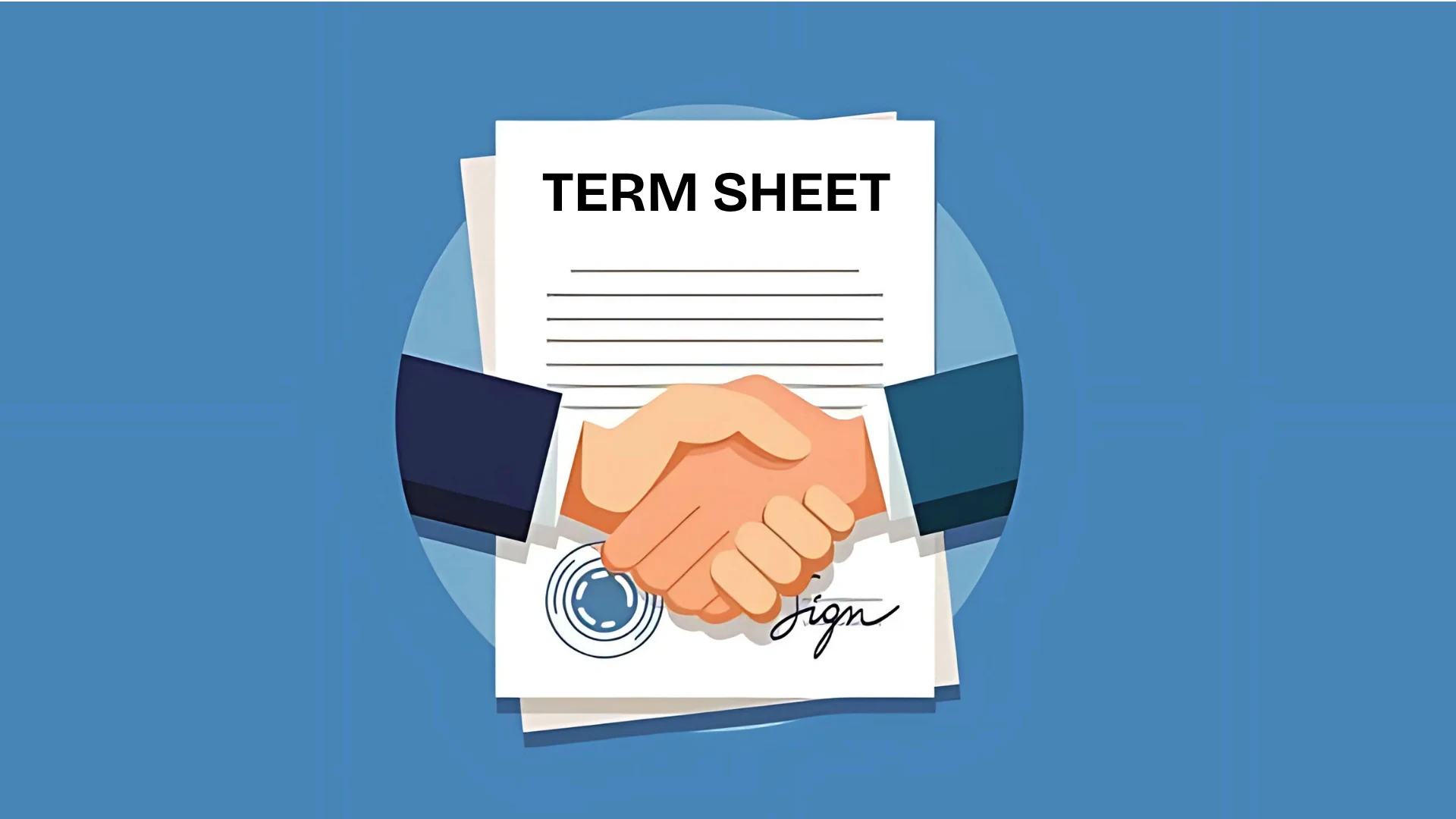
What Is a Term Sheet? A Simple Guide for Startup Founders
When a startup begins raising funds, one of the first formal steps in the process is the term sheet. While it’s not a legally binding contract, it’s one of the most important documents in any investment deal — because it sets the tone for everything that follows.
So, What Exactly Is a Term Sheet?
A term sheet is a legal document shared by investors with founders after they’ve agreed to invest in the startup. It lays out all the key terms and conditions of a proposed investment between a startup and an investor. Think of it as a blueprint — it doesn’t finalize the deal, but it clearly shows what both parties are agreeing to before the legal paperwork begins.
Key Components of a Term Sheet
Here are some common elements you’ll find in a standard term sheet:
- Valuation: The agreed-upon value of the company, typically outlined as pre-money and post-money figures.
- Investment Amount: How much funding the investor is putting in.
- Equity Stake: What percentage of the company the investor will receive.
- Board Structure: Who gets a seat on the board and how much control they’ll have.
- Liquidation Preference: Determines who gets paid first if the company is sold or shut down.
- Founder Vesting and Rights: Clauses around stock vesting, roles, and decision-making powers.
Why Is the Term Sheet So Important?
For founders, the term sheet is more than just paperwork. It directly impacts:
- Ownership and control of the company
- Future fundraising flexibility
- Relationship dynamics with investors
A well-negotiated term sheet brings transparency, trust, and alignment. A rushed or unclear one can lead to serious issues down the road.
Final Thoughts
Understanding a term sheet early on helps founders make smarter, more confident decisions during fundraising. While you should always consult a legal expert before signing anything, having clarity on the basics puts you in a much stronger position from day one.
